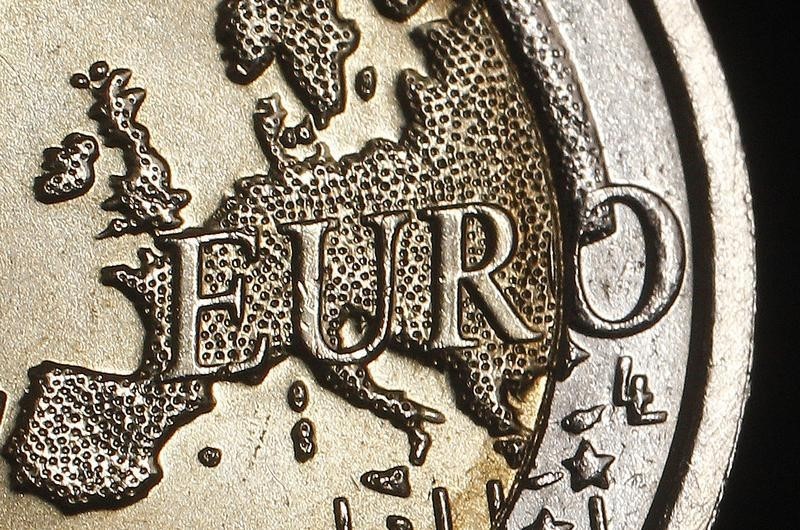Gold prices edge higher on raised Fed rate cut hopes
ING analysts discussed the noticeable outperformance of eurozone equities this year, attributing the trend to several factors.
Among these are the slightly better-than-expected macroeconomic data from the eurozone, the European Central Bank’s (ECB) greater capacity for rate cuts compared to the Federal Reserve, the relatively higher trading multiples of U.S. markets, and potential speculation regarding a ceasefire in Ukraine.
The analysts highlighted that shifts towards eurozone equities often bolster the euro, especially since these equity investments typically aren’t hedged against foreign exchange risks. They referenced 2017 as a notable period when eurozone equities and the euro both experienced significant rerating following the French and Dutch elections.
However, ING expressed skepticism about the euro’s current prospects. Citing persistent economic growth issues, a lack of proactive fiscal measures, and the possibility of the ECB cutting rates by another 100 basis points to maintain wide rate spreads, they anticipate that any short-term recovery in the EUR/USD exchange rate might be limited, potentially stalling around the 1.0450 mark.
Additionally, ING noted a recovery in the EUR/CHF exchange rate, which could be influenced by the ongoing situation in Ukraine. Before Russia’s invasion of Ukraine, EUR/CHF was trading above 1.05. Factors such as a softer inflation reading in Switzerland today and the Swiss National Bank’s forecast of a significant drop in year-over-year inflation rate to 0.2% next quarter suggest that there could be increasing upside risks for EUR/CHF.
ING suggested that the rate might reach 0.9500/9520 this week, as investors might adjust their positions in anticipation of positive news regarding Ukraine from the Munich security conference held over the previous weekend.
This article was generated with the support of AI and reviewed by an editor. For more information see our T&C.
